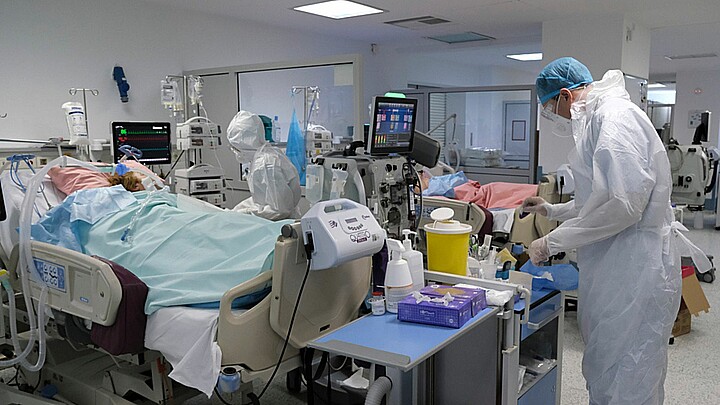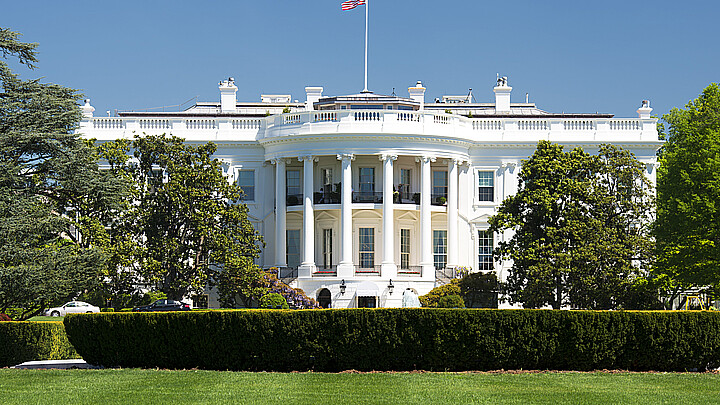Health
Light to moderate drinking can help relieve stress, lower cardiovascular risk, study finds
The purpose of the study was to evaluate whether alcohol consumption had a major effect on major adverse cardiovascular events through increased stress-related neural network activity

June 15, 2023 8:48am
Updated: June 15, 2023 8:48am
Light to moderate alcohol consumption can help reduce stress and lower the risk of heart disease, according to a new study published in the Journal of the American College of Cardiology.
After reviewing data from over 50,000 individuals enrolled in the Mass General Brigham Biobank, researchers found that a drink a day for women and one to two drinks a day for men is linked with stress signaling in the brain.
The purpose of the study was to evaluate whether alcohol consumption had a major effect on major adverse cardiovascular events through increased stress-related neural network activity.
The study found that chronic stress can cause major cardiovascular events because it causes hypertension, increased inflammation, and a “substantial risk of obesity, diabetes, and cardiovascular disease,” the study says.
By studying the PET/CT brain images of 754 individuals, researchers were able to determine that the amygdala—the part of the brain that deals with emotions and stress—sends out fewer stress signals if the individual had consumed alcohol previously.
Thereby, if alcohol consumption can lower stress, it can also lower cardiovascular risks, after adjusting for genetic, clinical, lifestyle, and socioeconomic factors, the study concluded.
“We are not advocating the use of alcohol to reduce the risk of heart attacks or strokes because of other concerning effects of alcohol on health,” said senior author and cardiologist Ahmed Tawakol, MD, co-director of the Cardiovascular Imaging Research Center at Massachusetts General Hospital, adding that there are dangers associated with the consumption of alcohol.
“We wanted to understand how light to moderate drinking reduces cardiovascular disease, as demonstrated by multiple other studies. And if we could find the mechanism, the goal would be to find other approaches that could replicate or induce alcohol’s protective cardiac effects without the adverse impacts of alcohol,” he added.









